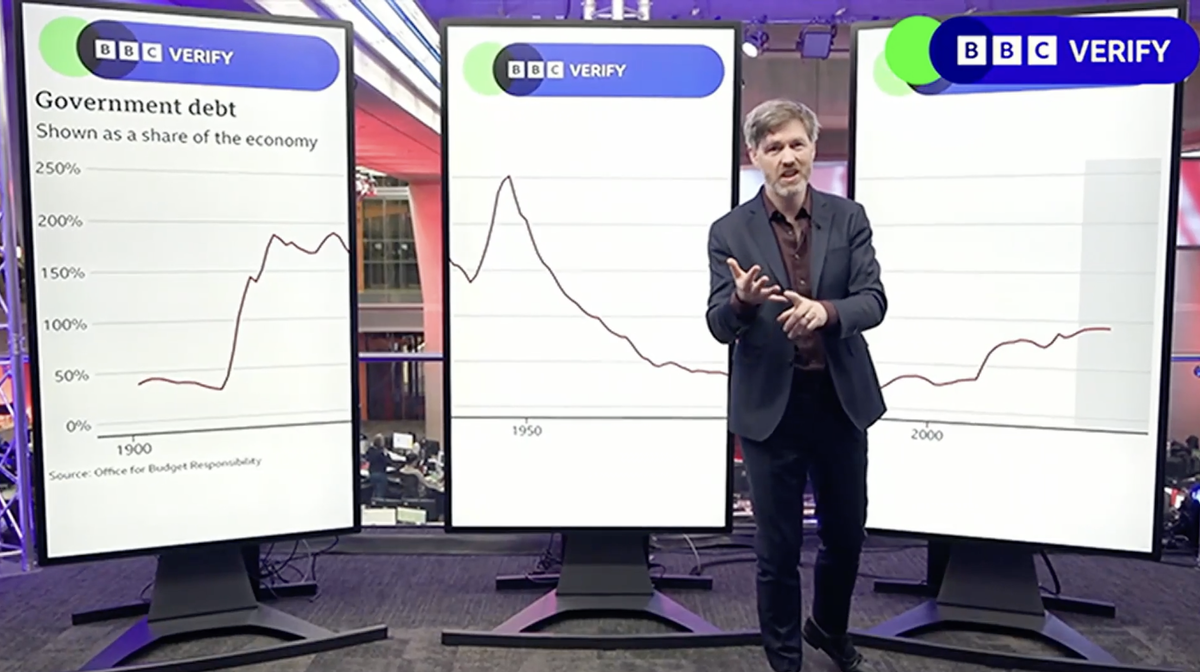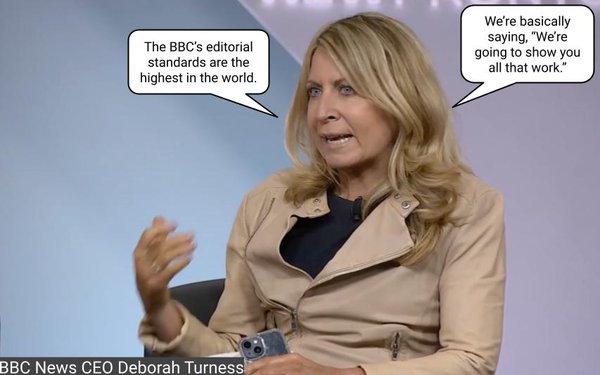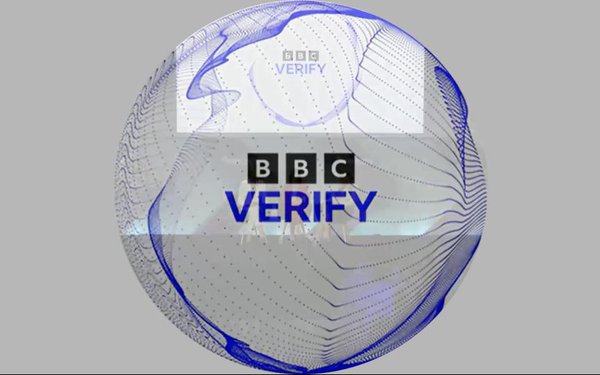
Buried among the big digital platform news, sizzle and glitz of NewFronts
Week was an important presentation by the BBC, which I think could be model for fixing the hyper-partisan, polarized nature of the U.S. news marketplace leading up to the U.S. election.
And it
comes from none other than "the world's most-trusted news brand," BBC News.
How do I know that stat? Because that's what BBC News CEO Deborah Turness said it was during the British media
company's NewFront presentation.
Actually, she backed it up by sharing how BBC News just embarked on an extensive global study of its audiences around the world, which found not only that they
trust its news reporting sublimely, but what they are looking for during what will be an especially dicey election year, not just in the U.S. but around more than half of the world's population.
In a nutshell, they're looking for transparency, which is why the BBC unveiled a new brand within its brand, dubbed "BBC Verified."
advertisement
advertisement
The product behind the brand is a team of "60 journalists
with a range of forensic and investigative skills to fact-check data and help explain complex stories," Turness told the ad crowd attending the BBC's NewFront presentation Wednesday morning.
She then showed a clip offering snippets of how the "Verified" branding will be incorporated throughout BBC News' coverage, and also announced that a U.S. version will be launched here shortly to
help American voters make sense and combat disinformation leading up to our presidential election.

Personally, I can't think of a better source for doing that, because I know going back to
some of the most rudimentary media brand research compiled as part of Y&R's seminal Brand Asset Valuator research that the BBC News brand is indeed among the world's most trusted.
Then
again, the mid-1990s BAV research also found that Fox was the "most powerful" name in news, which Roger Ailes used to launch and brand the Fox News Channel. So much for that.
That said, I
believe BBC News is perceived as an objective, fair, balanced and transparent news brand, and I believe Turness when she said that is because American voters know the "BBC has no dog in that fight.
We're about facts not opinion.
"We're finding people are coming to us because we rise above division and partisanship to bring people news in a much more balanced way, because we are the
outside insider."
So kudos to BBC News for leveraging that in its own branding, but here's my idea for solving the broader swath of U.S. news partisanship and disinformation: Let's offshore
our verification to an objective brand already trusted to do that.
By that, I mean literally have BBC News verify the facts and sourcing of more questionable outlets and put their "BBC Verify"
stamp of approval on them -- or as the case may be -- not on them.
Hey, there's precedent for the idea of having an objectively credible editorial brand serve as a stamp of approval for
others. Think Good Housekeeping and its seal of approval for consumer products, but applied to news products.

So why not a "good newskeeping seal of approval" overseen by the BBC's
Verified team.
Heck, they already have a seal.
